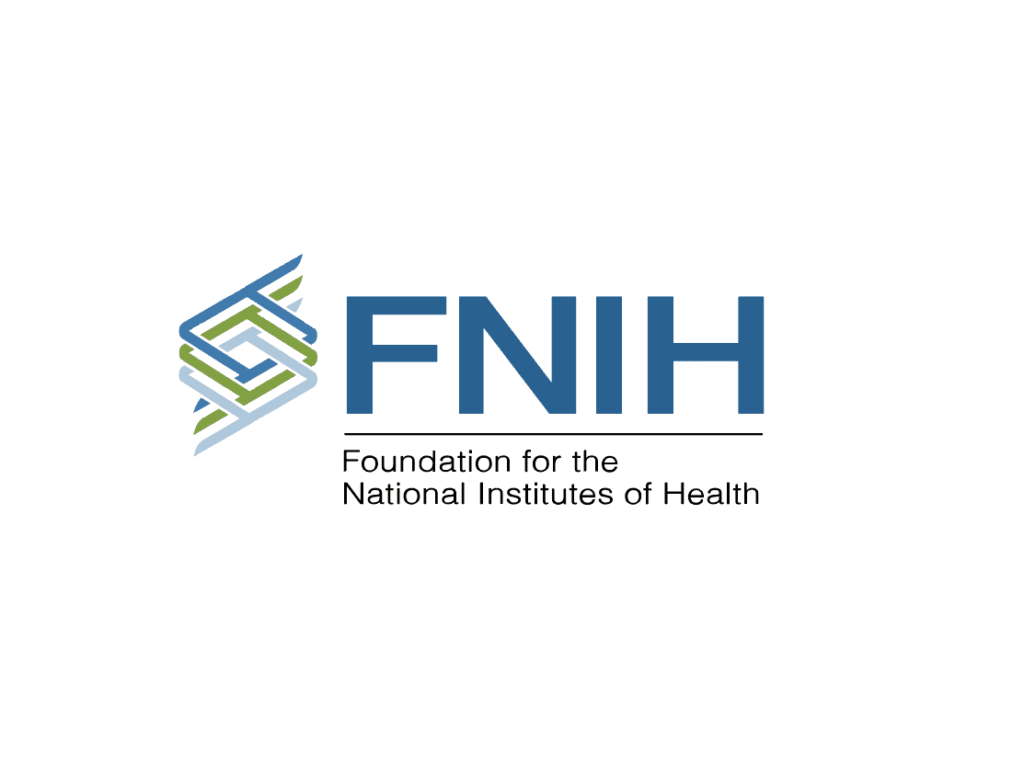

CMS Issues Sweeping End-Of Year Rule on Medicare Advantage and Medicare Part D
By: Allen Pinn, Coordinator, Policy
The Centers for Medicare and Medicaid Services (CMS) released a proposed rule that would have sweeping impacts on programs such as Medicare Advantage, the Medicare Cost Plan Program, Programs of All-Inclusive Care for the Elderly (PACE), and Medicare Part D. CMS states the proposed rule is to mitigate barriers to care, expand coverage of bariatric medications, and to implement artificial intelligence (AI) guardrails.
Below is a summary of the changes in the proposed rule that may be of interest to the patient community.
Anti-Obesity Medication Coverage
Between 2021 and 2023, the Centers for Disease Control estimated that over 40% of U.S. adults lived with obesity. Anti-obesity medications have gained substantial attention as a tool to mitigate the obesity epidemic, but Medicare Part D has historically excluded weight loss drugs from coverage. The proposed rule would change this: CMS would reinterpret the current statute to allow coverage for weight-loss medications for patients diagnosed with obesity.
Artificial Intelligence Guardrails
As AI becomes more intertwined with patient care, health care advocates have called for more guardrails to be established to protect patients. Regarding discrimination prevention, CMS is proposing to require Medicare Advantage plans to ensure equitable services. CMS also urges that plans utilizing AI provide transparency surrounding how AI is used and guarantee adherence to Medicare access and coverage requirements.
Behavioral Health Cost Sharing
Behavioral health has drawn significant attention in the last five years, triggered by the COVID-19 pandemic. In the proposed rule, CMS is aiming to improve access to behavioral health treatments for Medicare Advantage enrollees. CMS is proposing setting a 20% coinsurance/equivalent copayment limit for behavioral health services, eliminating cost-sharing for opioid treatment program services, and capping inpatient psychiatric service cost sharing to 100% of Medicare Fee-For-Services levels. These proposals could have a significant impact on reducing barriers to behavioral health care for millions of Medicare Advantage enrollees.
Biosimilars and Generics
The formulary inclusion of biosimilars and generics is essential in reducing the costs of medications for Medicare recipients. To enable lower cost medications, CMS would require that plan formularies prioritize access to biosimilars, generics, and affordable other alternatives.
Community-Based Services and Enhancing Transparency of In-Home Service Contractors
CMS recognizes there are concerns surrounding in-home and community-based care. In order to remedy these concerns, CMS is proposing to increase transparency and safety in the provision of community-based and in-home services. To increase transparency, CMS would require providers to be listed in Medicare Advantage provider directories with clear and succinct identification of their roles and qualifications.
Dually Eligible Enrollees
In 2023, an estimated 12.5 million people were enrolled both in Medicare and Medicaid, known as “dual eligibles.” To improve the experiences of these individuals, CMS is proposing several measures such as integrating member ID cards for Medicare and Medicaid coverage and codifying specific timeframes and patient-centered metrics for conducting health risk assessments and care plans. CMS would also combine health risk assessments for Medicare and Medicaid to reduce repetition.
Medicare Advantage & Part D Medical Loss Ratio (MLR) Reporting
CMS is proposing several provisions to update the Medicare Advantage and Part D MLR regulations. Significant reforms include codifying standards for audits, collecting details surrounding expenditures such as provider payment arrangements, and excluding administrative costs from quality improvement activities,
Medicare Prescription Payment Plan
In January 2025, the Medicare Prescription Payment Plan, which allows Medicare enrollees to spread out-of-pocket costs, will go into effect. Under the proposed rule, CMS would codify and expand the payment plan by the creation of an automatic renewal process with an opt-out option. The rule would also seek more feedback on how enrollment requests are processed in real time via phone or online.
Part D Medication Therapy Management (MTM) Program Eligibility Criteria
Ensuring access to Part D medication is crucial in closing coverage gaps. CMS is proposing dementia and Alzheimer’s disease to be a part of the Part D Medication Therapy Management (MTM) program. CMS would also clarify requirements for identifying beneficiaries with chronic diseases for targeting MTM interventions.
Prior Authorization and Utilization Management
Prior Authorization and other utilization management tools are notorious for causing patients burden and barriers to care, especially those living with a chronic condition. As calls for utilization management reform have grown, CMS is aiming to address system inadequacies. The proposed rule would create several reforms, including:
- Clarifying when Medicare Advantage plans can apply internal coverage criteria, requiring alignment with Traditional Medicare when other criteria exist
- Strengthening transparency in internal coverage policies
- Requiring Medicare Advantage plans to notify enrollees of appeal rights
- Introducing enhanced data collection to monitor decision rationales and appeals at the plan levels.
Promoting Informed Choice & Review of Marketing and Communications
Misleading advertisements have become a growing issue for Medicare/Medicare Advantage enrollees. CMS has received numerous complaints about advertisements that were not complaint with CMS standards or misleading to consumers. To combat this more effectively, CMS would strengthen its oversight by broadening the definition of “marketing” to capture general advertisements influencing enrollees’ decisions and also requiring additional topics to be discussed by plan agents/brokers during enrollment in order for consumers to make educated decisions.
Comment Submission
Comments on the proposed rule are due January 27, 2025. Once the NHC has drafted comments, we will circulate them among members. If you have questions about the rule, please reach out to Shion Chang, Director of Policy at schang@nhcouncil.org. To read the full proposed rule, click here.


